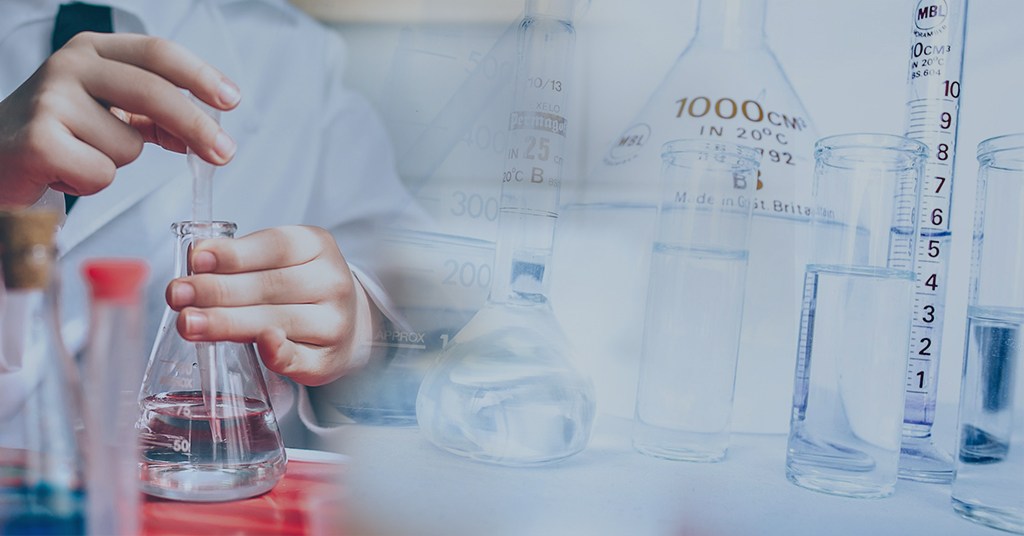Welcome To ChemAnalyst

The commencement of industrial operations in the hydrometallurgical battery material recycling plant of Fortum Battery in Harjavalta, Finland, will boost the raw material availability for the booming EV industry. This new facility is the largest recycling plant in the European region regarding recycling capacity, as well as the Eurozone's first commercial-scale facility for hydrometallurgical recycling. This recycling plant will significantly ease the European battery producers' surging demand for sustainable battery materials, and considerably help reduce Europe's dependence on imported critical battery raw materials.
As per the business head of the leading market player of the downstream industry, Fortum Battery Recycling, with the new low CO2 hydrometallurgical plant in Harjavalta, there would be sustainable production of raw materials required in EV-Lithium-ion batteries.
With the company's cutting-edge hydrometallurgical process, they can recover 95% of the valuable and important metals from the battery's black mass and return them to the cycle that produces new Lithium-ion battery chemicals.
Fortum's recycling procedures aim to recover essential metals from scrap batteries to initiate the production of secondary metals for new Lithium batteries on a broader level.
The factory is currently producing nickel and cobalt sulfates, which Fortum is glad to say meets consumer standards. The facility also emphasizes lowering the carbon footprint and optimum recycling efficiency.
Demand for recycled Lithium-ion battery materials is predicted to rise over the next five to ten years as the green energy transition advances. At the same time, the new EU sustainable batteries policy requires battery, electronics, and automobile makers to increase the number of recycled materials in batteries steadily. Manufacturers must start planning for legislative changes now since the first minimum levels of recovery for elements like Cobalt, Nickel, and Lithium will go into effect in 2026. The company is prepared to meet this demand since they are invested early in recycling technology and capacity.
As the need for Lithium-ion batteries grows, so does the demand for crucial raw materials. Recycling will be a critical component in meeting this need and steering decarbonization in the future.
Fortum Battery Recycling always thrives on maintaining sustainable operations across the European region to fulfill the downstream industry's requirements.
We use cookies to deliver the best possible experience on our website. To learn more, visit our Privacy Policy. By continuing to use this site or by closing this box, you consent to our use of cookies. More info.
